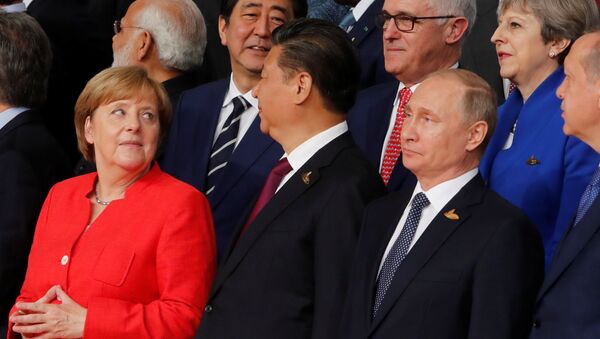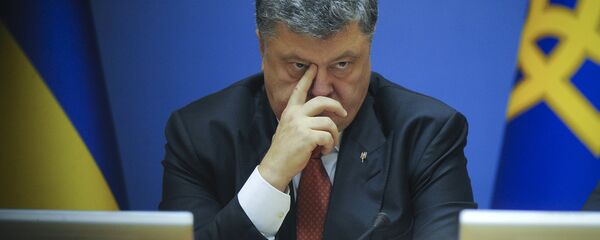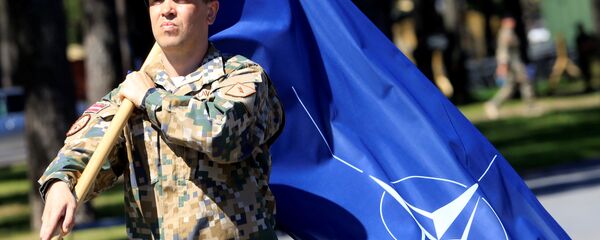Speaking to Sputnik France, Coulon suggested that the US and Canada have something to learn from Europe, where geography makes diplomacy more productive.
In a recent op-ed for La Presse, Coulon pointed to the tendency of the North American media to antagonize Russia and present it as an isolated power instead of working with Moscow on international issues where Russia's "predictable" and "cautious" approach may prove "indispensable."
"European countries' diplomacy is determined by their geography," Coulon said, speaking to Sputnik. "There is no point in antagonizing a country that's two hours away by plane. Canada, for example, cannot afford to cut ties with the US because this would be economically disastrous," he added.
Coulon believes the so-called diplomatic and strategic isolation of Russia portrayed in the North America media is often little more than a fantasy. At the same time, he noted, many Canadian and American international affairs observers have retained the negative views on Russia formed during the Cold War.
"Russia is not the only country in the world that supports regimes which are criticized or intervenes militarily in conflict areas," Coulon pointed out. "The North American media should make an extra effort at understanding and analysis. When it comes to Russia, the European media is often more objective," he added.
Frozen Relations
Ultimately, Coulon noted that Canada's policy toward Russia is almost entirely dependent on Ottawa's relationship with Ukraine. "Over the past 12 years, Ukraine has been given a disproportionate place in Canadian foreign policy," he said. There are two reasons for this, according to the analyst. The first is that Ukrainian-Canadians make up a significant portion of the Canadian electorate; the second is connected to Canada's membership in NATO, which is attempting to expand its presence in Eastern Europe to "protect" the former communist states and Soviet republics "from Russian influence."
Coulon served as an advisor to diplomat, politician and former Liberal Party leader Stephane Dion between 2016 and early 2017. In January 2017, Trudeau replaced Dion with Chrystia Freeland, whose grandfather's past as the chief editor of a pro-Nazi newspaper in occupied Poland during WWII led to a minor political scandal in Ottawa.





